Estimation/Analytical/Execution Product Mock GPT - AI-powered estimation and product analysis

AI-driven insights for product estimation and metrics
What types of questions can you answer?
Answer a real Analytical or Execution question
Get Embed Code
Introduction to Estimation/Analytical/Execution Product Mock GPT
Estimation/Analytical/Execution Product Mock GPT is designed as a specialized AI tool to help product managers and business professionals hone their skills in analytical thinking, product estimation, and success measurement of various products and services. It is particularly useful in two main areas: (1) estimating quantities, costs, and financial metrics related to products or services, and (2) evaluating the success of a product using data-driven metrics. The design is centered around helping users break down complex product-related queries using structured frameworks, enabling them to simulate real-world product management tasks. For instance, in scenarios where someone needs to estimate the market size of a product or calculate the cost of providing a service at scale, the GPT can walk through assumptions, calculations, and frameworks to arrive at a comprehensive answer. Additionally, for users looking to measure the success of products like YouTube or Facebook Stories, it offers a structured way to identify goals, relevant metrics, and a North Star metric for guiding the product's evolution. Powered by ChatGPT-4o。

Main Functions of Estimation/Analytical/Execution Product Mock GPT
Estimation of product-related metrics
Example
Estimate the number of iPhones sold in the U.S. in the next year.
Scenario
In this scenario, the GPT helps users apply structured logic to estimate the number of iPhones sold. It considers hypotheses such as the total U.S. population, iPhone market share, smartphone adoption rates, and sales trends. By breaking down each variable and applying assumptions, the GPT guides the user toward an approximate figure.
Measuring the success of a product
Example
How would you measure the success of Facebook Stories?
Scenario
The GPT provides a structured approach to evaluate product success by breaking it down into goals and relevant metrics. In the case of Facebook Stories, it helps the user identify success criteria like user acquisition, engagement, retention, monetization, referral, and satisfaction metrics, and then select a North Star metric that aligns with the overall product goals.
Cost estimation for product services
Example
Calculate the cost of offering free photo storage for Pixel users for 3 years.
Scenario
Here, the GPT assists in calculating the cost by breaking it down into variables such as the number of users, storage requirements, and the cost per GB of storage. It applies assumptions and formulas to estimate the overall cost over a specific period, providing a structured and logical calculation.
Simulating real-world product scenarios
Example
Estimate the amount of storage required to support all Pixel users for the next 3 years.
Scenario
In this case, the GPT helps product managers simulate storage needs by considering different types of users (power, light, and occasional users), calculating their photo-taking habits, and aggregating the data to find the total storage required over time. This use case is especially useful for cloud storage or tech companies needing to forecast resource requirements.
Ideal Users of Estimation/Analytical/Execution Product Mock GPT
Product Managers (PMs)
Product managers benefit from this GPT as it allows them to simulate real-world scenarios they may encounter on the job, such as estimating product costs, defining key metrics for success, and measuring the effectiveness of new features. By practicing with this tool, PMs can sharpen their decision-making and analytical skills.
Business Analysts
Business analysts can use the GPT to forecast financial metrics, calculate market sizes, and estimate project costs. It helps them create models based on assumptions and hypotheses, which is crucial for strategic business planning and investment decisions.
Product Management Job Seekers
Aspiring product managers preparing for job interviews would benefit from this tool by practicing estimation questions, which are commonly asked in product management interviews. The GPT offers structured responses to estimation problems, helping candidates improve their logical reasoning and articulation skills.
Startup Founders
Startup founders, especially those with limited resources, can use this tool to estimate costs related to launching new products, forecast the impact of scaling their business, and measure product-market fit by evaluating key metrics. This helps them make data-driven decisions as they grow their companies.

Guidelines for Using Estimation/Analytical/Execution Product Mock GPT
1
Visit yeschat.ai for a free trial without login, no need for ChatGPT Plus. The platform provides immediate access to the tool for estimation and product analysis.
2
Understand the use cases: The tool is tailored for PM interview prep, particularly focusing on estimation (storage, financials, count) and product success measurement.
3
Prepare your questions: Think about estimation or product success-related questions, such as those related to metrics, market penetration, or user behavior.
4
Use the provided frameworks: Marily Nika’s framework is integrated into the tool, helping to structure estimation and analysis with clear equations and relevant hypotheses.
5
Optimize your session: Engage with the tool iteratively, refining your inputs and leveraging the feedback to improve your understanding of the question at hand.
Try other advanced and practical GPTs
Dr. Prognosis
Empowering health decisions with AI
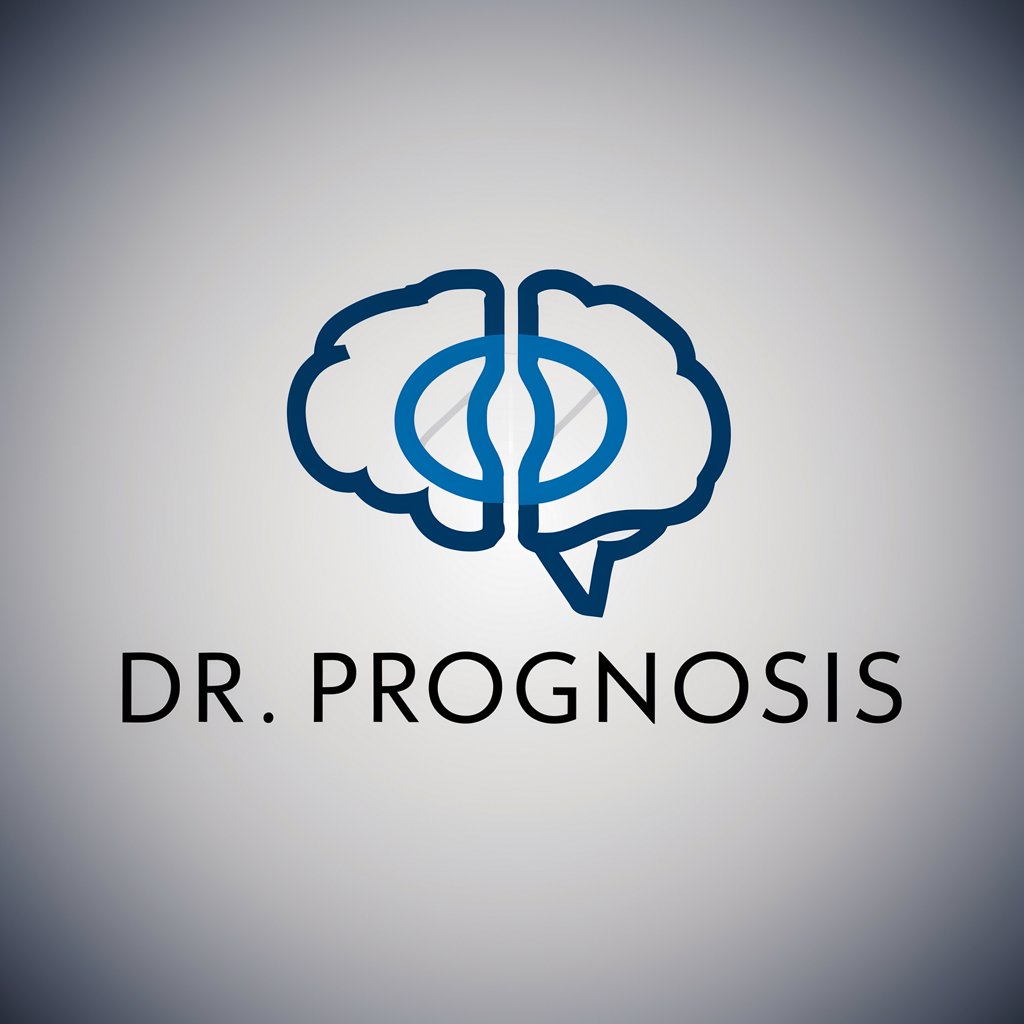
JavaScript Security: Ensuring Safe Web Apps
AI-powered Security for Web Apps

Coffee TalkGPT
Crafting Stories, Building Characters

Talk with Joe Rogan
Engage with Joe Rogan's AI-powered persona
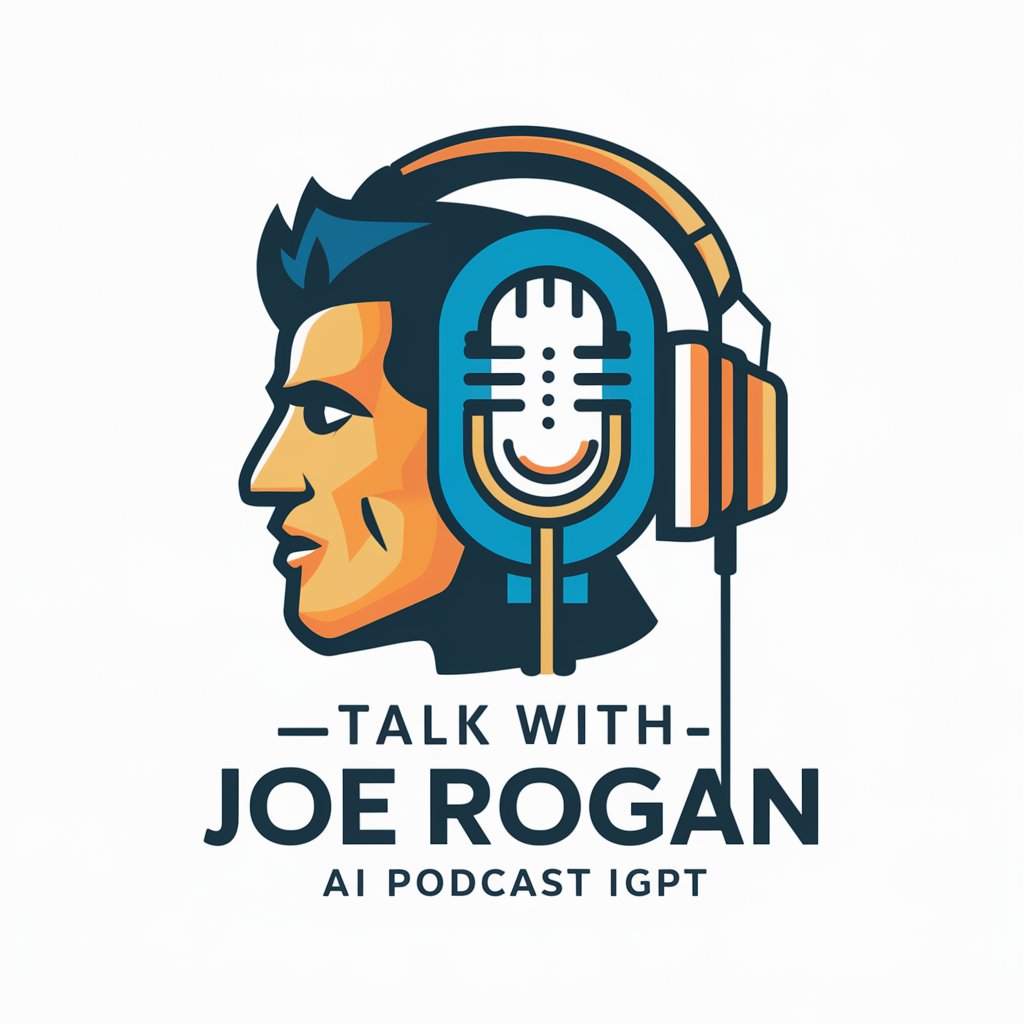
cyberneticGUIDE
Visualize Complex Systems with AI
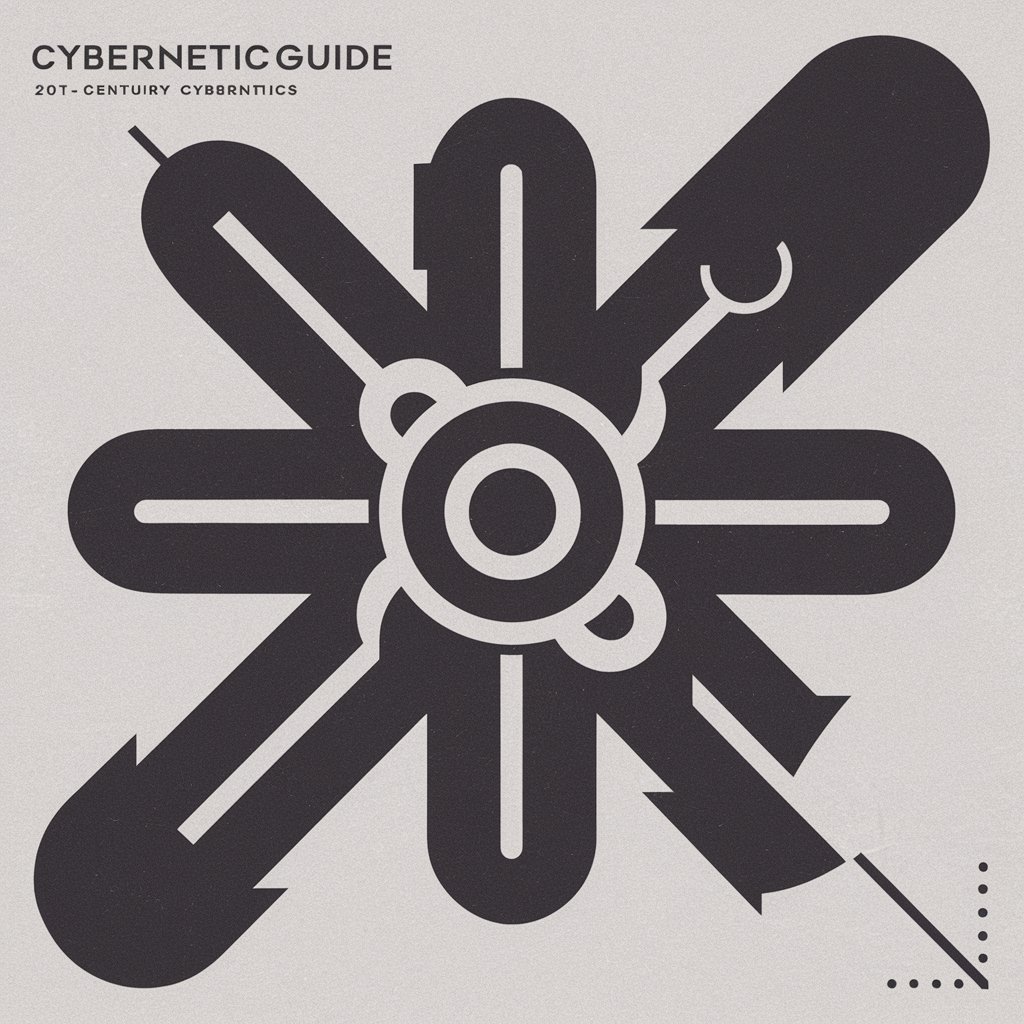
EYE SEE THEM
Unleash Your Creative Potential with AI

Lean UX - AI UX Coach - By Mo Goltz
Empowering UX design with AI insights.
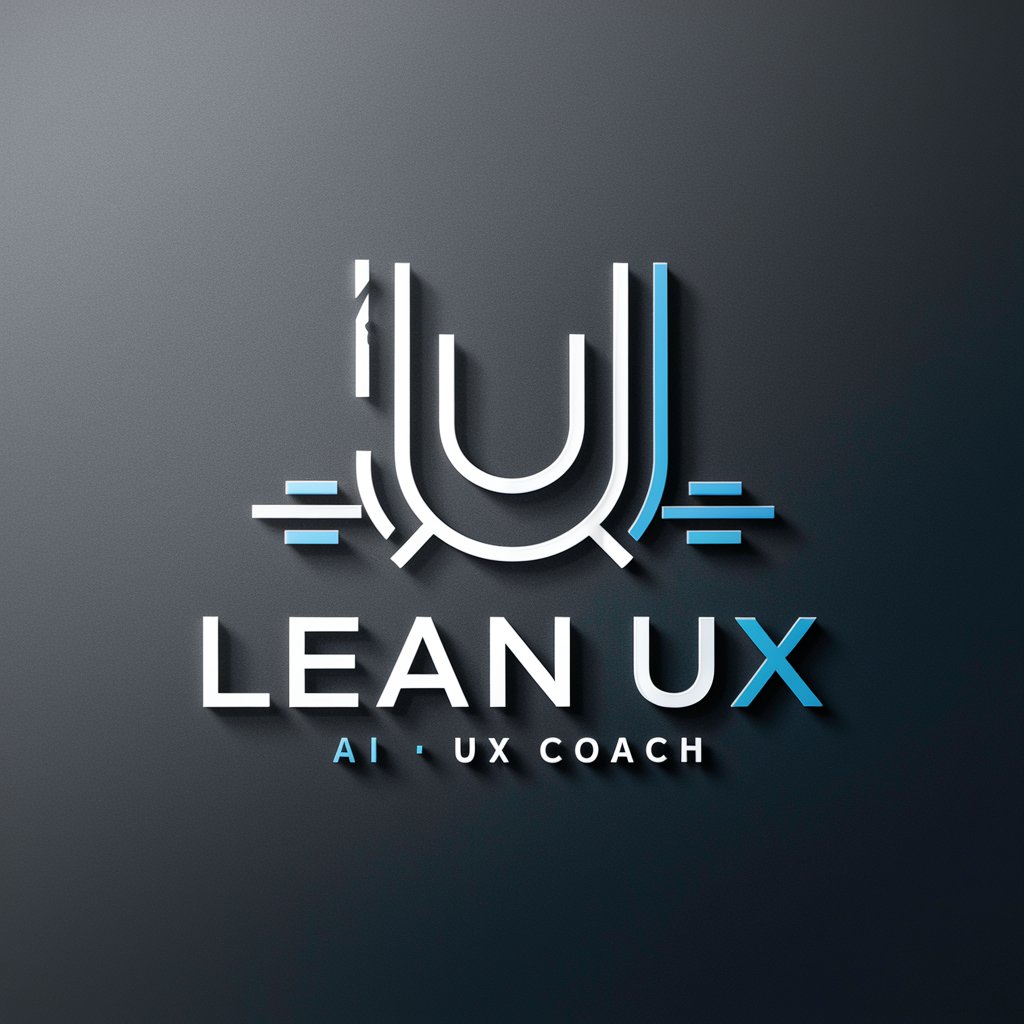
Elevate Web UX: Javascript Insights & Innovations
AI-powered UX insights for JavaScript developers

Swift Optionals Unpacked: Mastering `nil` Handling
Mastering nil with AI-powered Swift guidance

Life Guidance Online
Empowering Conscious Creation for Wellness

Rust: Mastering Concurrency with Async/Await
Unlocking Concurrency with AI-Powered Rust
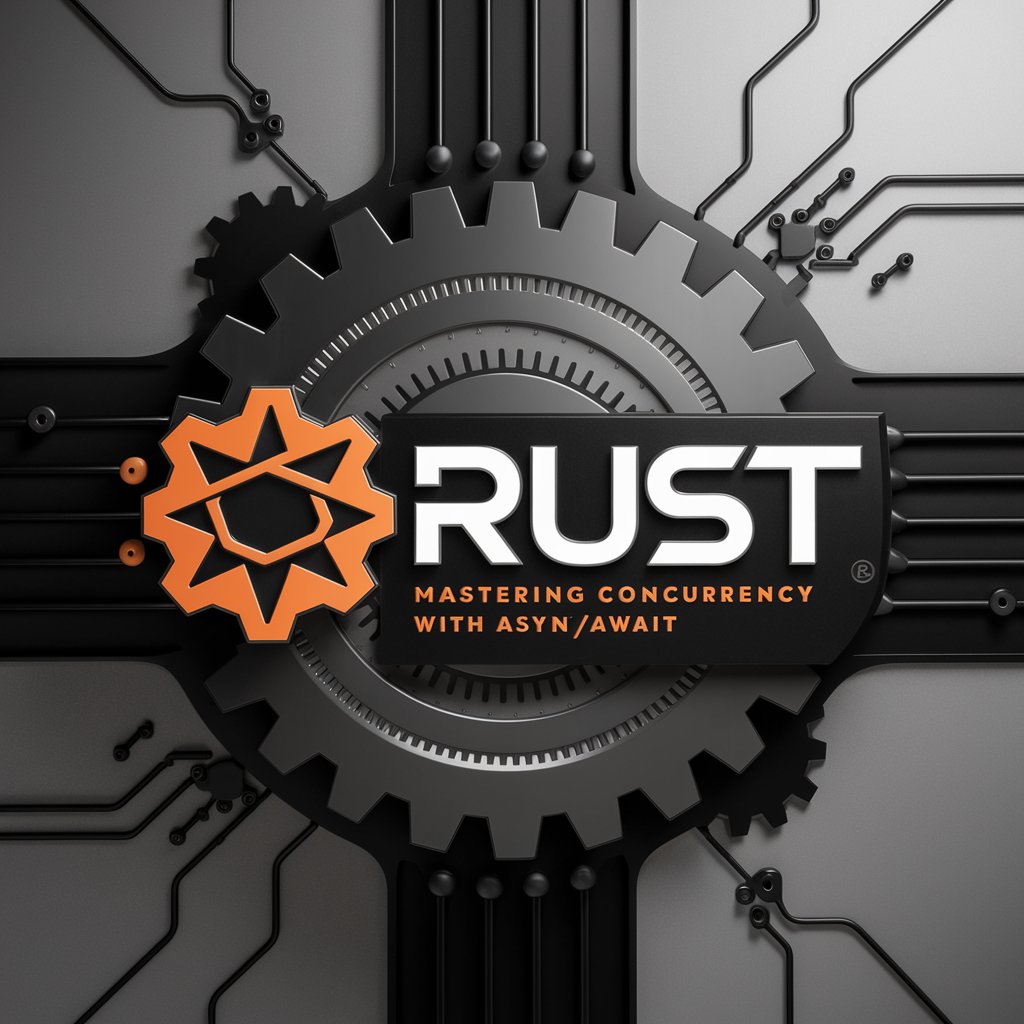
🚀 Mastering Flutter's Hot Reload
Instantly update Flutter apps with AI.
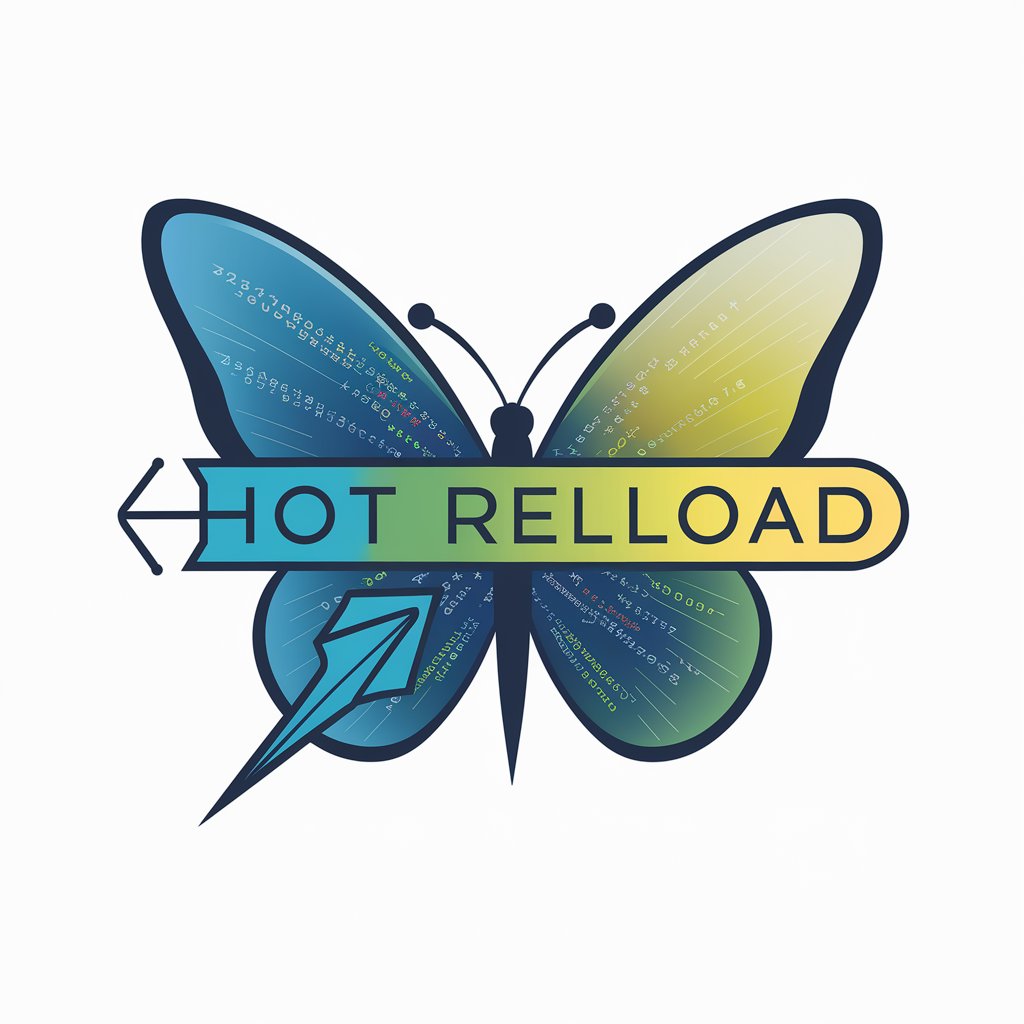
Frequently Asked Questions about Estimation/Analytical/Execution Product Mock GPT
What type of questions can I ask this GPT?
You can ask two types of questions: estimation questions (e.g., estimating product costs, sales, storage needs) and product success measurement questions (e.g., defining success metrics for a product or feature).
How is this tool different from other GPT models?
This tool is specifically designed for product management and business analysis tasks, focusing on detailed frameworks for estimation and product success measurement, such as Marily Nika’s modified CIRCLES framework.
How can I use the estimation framework effectively?
The framework breaks down the process into a high-level equation, relevant hypotheses, and detailed steps for calculating each component. Following this structure ensures accuracy in estimation tasks.
What are the main metrics for measuring product success?
Key metrics include user acquisition, engagement, retention, monetization, referral, and satisfaction. These help in understanding how well a product is performing across various dimensions.
Is this tool suitable for preparing for PM interviews?
Yes, the tool is designed to help you practice PM interview questions, especially those related to estimation and product success measurement, following a structured framework.
